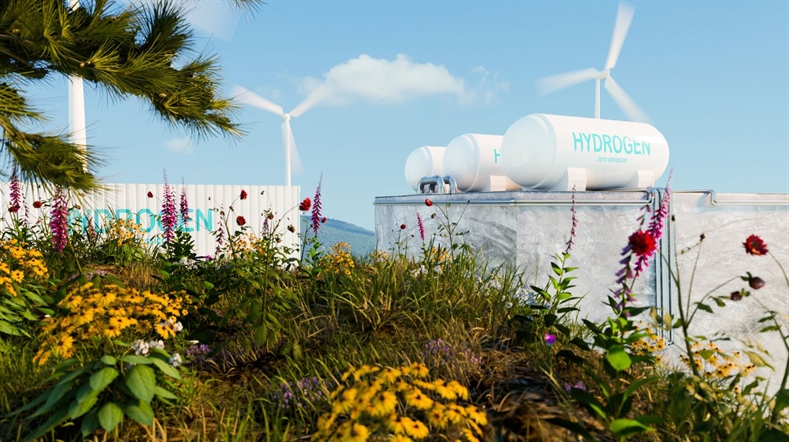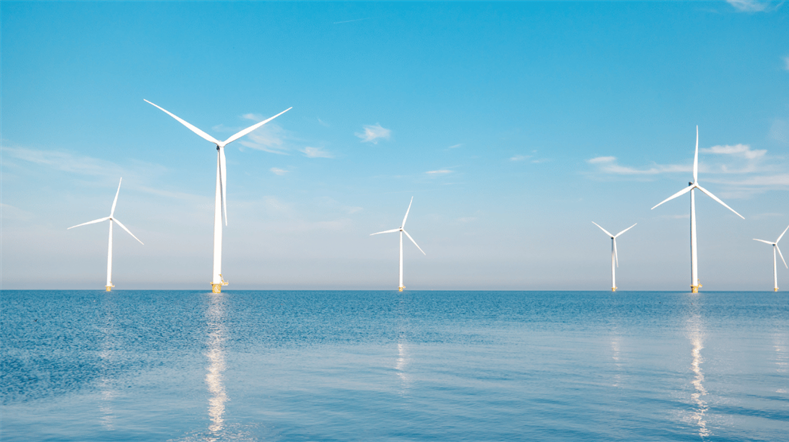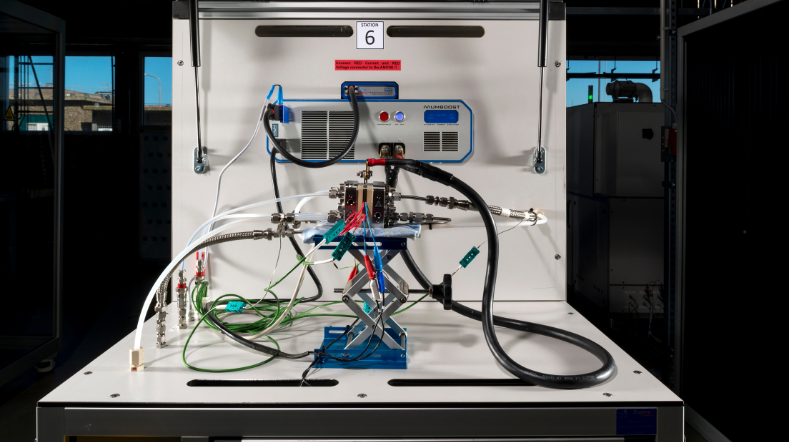
Identifying the future international chain of green hydrogen
If, within one or two decades, we have sufficient sustainably produced hydrogen at our disposal worldwide, this will have far-reaching consequences for our energy system and all parties involved. In the HyChain project, the Institute for Sustainable Process Technology (ISPT), together with TNO and other partners, investigated what the entire chain of production, transport and use will look like globally and what consequences this will have for our ports and industry.
HyChain is part of the ISPT's Hydrohub Innovation Programme, involving a consortium of over thirty parties: TNO, academic and applied science universities; port companies, industrial clusters and companies such as Shell, Nouryon, and Yara; Gasunie, provinces including Groningen and municipalities. The programme consists of three projects: HyChain, MW Test Centre and the GW project.
Making the right choices
The HyChain study identified the future demand for hydrogen and domestic procurement versus import potential. The most suitable routes and in almost 60 relevant technologies were also identified and assessed. This resulted in three summary reports, a cost calculation model and a series of fact sheets. Part of this is the compilation of eight country profiles by TNO, including Morocco, Norway and China, which may intend to export hydrogen in the future. On the basis of this wealth of practical information, both companies and policymakers can develop scenarios in order to make the right choices for the future.
Open innovation centre
The Hydrohub Innovation Programme will start an open innovation centre in 2020 where companies and other parties can test their innovations in the field of hydrogen. The 'MegaWatt Test Centre' will be located on the EnTranCE site of the Hanze University of Applied Sciences in Groningen with state-of-the-art facilities for optimising and scaling up electrolysis. Two 250 kilowatt electrolysers will be installed, ideal for industrial companies and suppliers to test their innovations. On this scale, problems can be detected quickly and the behaviour of the technology can be observed. The test centre is a valuable addition to the Dutch manufacturing industry.
Electrolysis on a gigawatt scale
A third part of the innovation programme is the Gigawatt electrolysis project, which focuses on the concept design of a hydrogen plant with that capacity. Electrolysis on a gigawatt scale is required to link renewable electricity from wind to hydrogen to make industry more sustainable. Wind farms in the North Sea, for example, will produce more than eleven gigawatts of power by 2030. A large number of internationally operating industrial companies, TNO, Utrecht University and Imperial College London are participating in the project. The challenge is to design a factory with about a thousand electrolysers that together as a whole can produce flexibly. This is important because solar and wind generation is highly variable.
The Hydrohub Innovation Programme is intended to use innovation to improve the robustness, flexibility and efficiency of large-scale production of green hydrogen and thereby reduce costs in order to accelerate the energy transition.
Get inspired
NORCE and TNO are entering into a strategic partnership on hydrogen developments


Dutch consortium participates in EU research project on large-scale hydrogen storage in depleted gas fields


Collaboration TNO and Elcogen for development Solid Oxide Electrification Technology in Europe


Research TNO and HCSS: Europe under pressure from Chinese advance in wind and electrolysis technology


Breakthrough electrolyser development: 200 times less iridium needed




